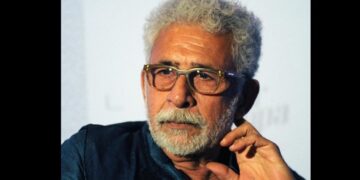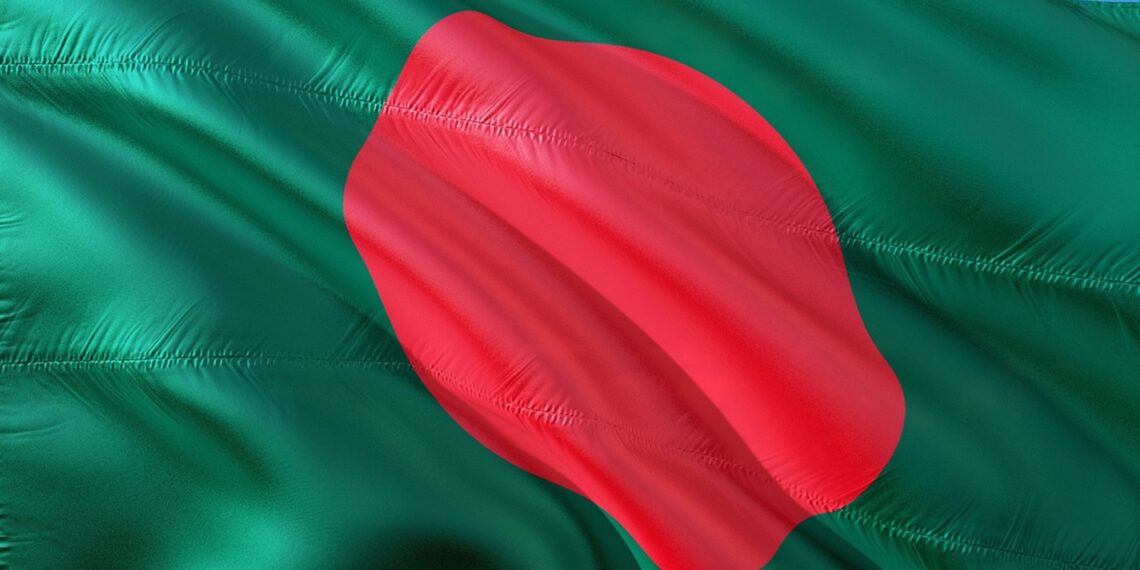The Bangladesh Supreme Court has issued a stay on a High Court verdict that had declared “Joy Bangla” as the nation’s official slogan.
This slogan, deeply associated with the country’s founding leader Sheikh Mujibur Rahman, has been a symbol of national pride and historical significance.
The stay comes amid a rapidly changing political climate following the ousting of former Prime Minister Sheikh Hasina, Rahman’s daughter, on August 5.
Recently, the Bangladesh central bank decided to remove Sheikh Mujibur Rahman’s image from currency notes, further signalling a departure from his legacy under the new administration.
On December 2, the state filed a leave-to-appeal petition with the Supreme Court to challenge the High Court’s March 10, 2020, ruling.
The original verdict not only recognized “Joy Bangla” as the national slogan but also mandated its use in all state functions and school assemblies.
In February 2022, under Sheikh Hasina’s administration, the cabinet officially recognized “Joy Bangla” as the national slogan.
A gazette notification was issued on March 2, 2022, solidifying its status in national events and institutions.
The Supreme Court’s stay also coincides with its decision to halt another High Court verdict concerning August 15, the anniversary of Sheikh Mujibur Rahman’s assassination.
Previously observed as a national mourning day and public holiday, the interim government had removed its status as a holiday on August 13.
Reports indicate that Bangladesh Bank is now printing new currency notes that commemorate the “July Uprising,” a student-led protest movement that led to Sheikh Hasina’s exit from power.
The new notes omit Sheikh Mujibur Rahman’s image, marking a significant shift in how national symbols are represented.
These developments reflect a recalibration of Bangladesh’s political and cultural identity.
The removal of “Joy Bangla” as the national slogan and changes to symbols like currency notes suggest a move towards redefining national narratives under the current administration.
Observers view these actions as indicative of a broader effort to move away from the political and cultural legacies associated with Sheikh Mujibur Rahman and his family, reshaping the national discourse for a new era.















